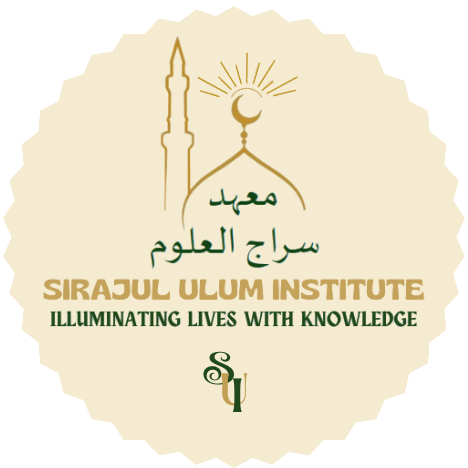بسم الله الرحمن الرحيم
لَا إِلٰهَ إِلَّا اللّٰہُ وَحْدَہٗ لَا شَرِیْكَ لَهٗ ، لَهٗ الْمُلْكُ وَ لَهٗ الْحَمْدُ
یُحْیِيْ وَ یُمِیْتُ ، وَهُوَ حَيٌّ لَا يَمُوْتُ ، بِیَدِہٖ الْخَیْرُ
وَهُوَ عَلٰی کُلِّ شَيْءٍ قَدِیْرٌ
(البزار: 1051)
Laa ʾilaa-ha ʾillal laa-hu waḥ-dahu laa sharee-ka lahu,
lahul mulku walahul ḥamdu, yuḥ-yi wa yu-meetu, wa huwa ḥayy-yun laa yamoot, bi-ya-di-hil khayr, wa huwa ʿalaa kul-li shay-ʾin qadeer.
There is no god besides Allāh, He is one. He has no partner. For Him is the Kingdom and for Him is all praise. He gives life and causes death. He is Alive and never dies. In His hands is all good and He has power over everything.
These beautiful words affirm the oneness of Allāh Taʿālā in the reciter’s heart. It negates shirk (ascribing partners to Allāh c). It thereafter teaches us many other pertinent beliefs concerning Allāh Taʿālā.
Some contemporary scholars are of the opinion that the third and fourth kalimah can be included in the duʿāʾ section of the book. However, the reality is that these kalimahs inform us about our Creator and inform us of vital points regarding His recognition and maʿrifah which every child needs to know. Thus, leaving them under this chapter cannot be deemed out of place.
Reference
- Sayyidunā ʿAbdur Rahmān ibn ʿAwf h narrated that the Messenger of Allāh ﷺ said: “Whoever says every day in the morning and the evening:
لَا إِلٰهَ إِلَّا اللّٰہُ وَحْدَہٗ لَا شَرِیْكَ لَهٗ ، لَهٗ الْمُلْكُ وَ لَهٗ الْحَمْدُ ، یُحْیِيْ وَ یُمِیْتُ ، وَهُوَ حَيٌّ لَا يَمُوْتُ
بِیَدِہٖ الْخَیْرُ ، وَهُوَ عَلٰی کُلِّ شَيْءٍ قَدِیْرٌ
his sins will be forgiven even if they are more than the foam of the ocean.”[1]
And Allāh Taʿālā Knows best
[1] Musnad Bazzār #1051
